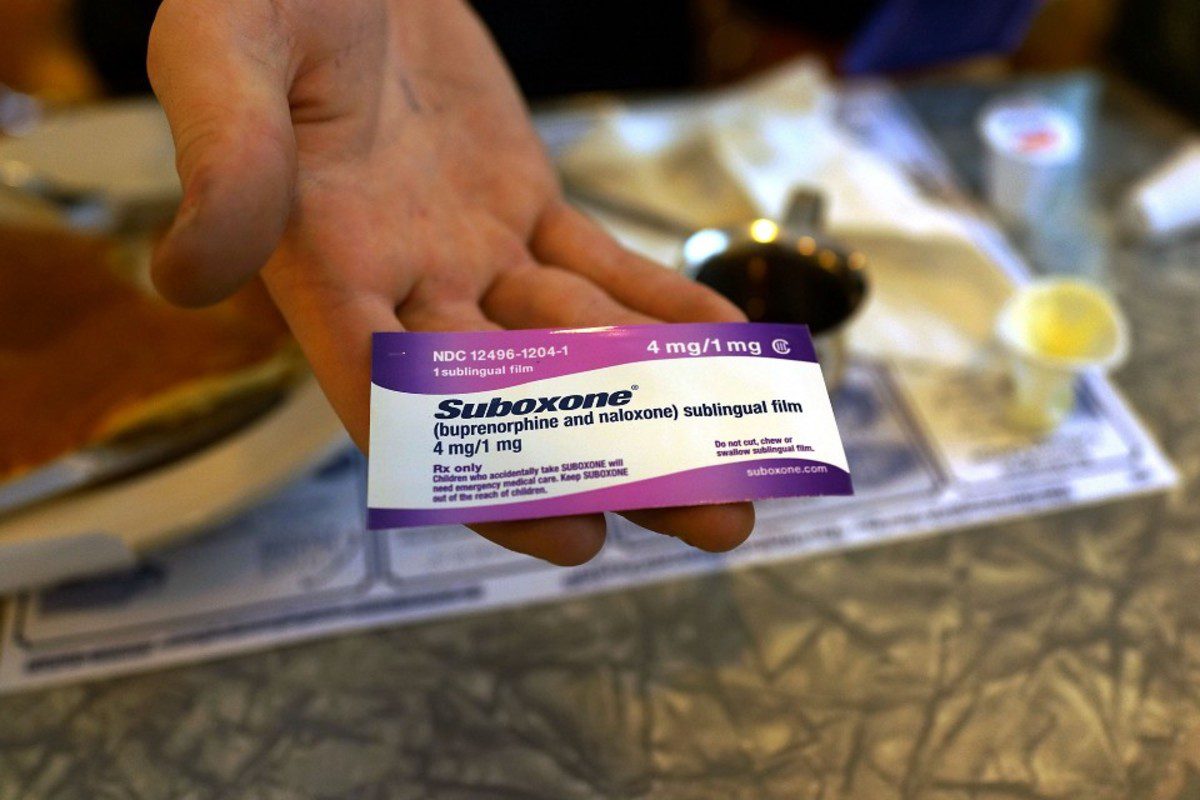Opioid addiction is a formidable opponent, but with the right tools and support, recovery is possible. One such tool making waves in addiction treatment is Suboxone. But what exactly is Suboxone, and how can it help individuals break free from the chains of opioid addiction?
Understanding Opioid Addiction
Opioid addiction doesn’t discriminate; it can affect anyone regardless of age, gender, or background. Understanding how this addiction develops is crucial. Whether it starts with a prescription for pain management or experimentation, opioids hijack the brain’s reward system, leading to dependency and cravings. The impact isn’t just personal; it reverberates through families, communities, and society at large.
The Role of Suboxone in Treatment
Enter Suboxone, a medication designed to combat opioid addiction. Its unique combination of buprenorphine and naloxone works wonders in curbing cravings and withdrawal symptoms, making it a cornerstone of opioid addiction treatment. But its benefits go beyond symptom management; it provides a stabilizing force, allowing individuals to reclaim their lives.
Starting Suboxone Treatment
Embarking on the journey to recovery with Suboxone starts by finding a qualified healthcare provider. Through an initial assessment and evaluation, they’ll tailor a treatment plan to suit individual needs. From dosage adjustments to ongoing monitoring, personalized care is key.
Navigating the Treatment Journey
The road to recovery isn’t always smooth sailing. Adjusting dosage, managing withdrawal symptoms, and integrating counseling are all part of the process. But with perseverance and support, each hurdle becomes a stepping stone toward lasting sobriety.
Overcoming Challenges
Challenges abound on the path to recovery, from societal stigma to potential side effects. But armed with knowledge and resilience, individuals can overcome these obstacles. By staying focused on their goals and leaning on their support system, they can stay the course.
Success Stories
The true measure of Suboxone’s efficacy lies in the stories of those it has helped. From regaining stability to rebuilding relationships, the impact is profound. These success stories serve as beacons of hope for those still navigating their journey to recovery.
Maintaining Recovery
Recovery isn’t a destination; it’s a lifelong journey. Long-term strategies such as ongoing support, avoiding triggers, and practicing self-care are essential for maintaining sobriety. With dedication and perseverance, individuals can live fulfilling lives free from the grip of opioid addiction.
Conclusion
Suboxone isn’t just a medication; it’s a lifeline for those struggling with opioid addiction. By providing relief from cravings and withdrawal symptoms, it empowers individuals to take control of their lives and embrace a future filled with possibility. With Suboxone as their partner, breaking free from the chains of addiction becomes not just a dream but a reality.
FAQs
1. Is Suboxone addictive?
Suboxone contains buprenorphine, a partial opioid agonist, which can lead to physical dependence. However, when taken as prescribed under medical supervision, the risk of addiction is minimal compared to full opioid agonists.
2. Can I drive while taking Suboxone?
It’s essential to follow your healthcare provider’s guidance regarding activities like driving while taking Suboxone. As with any medication that may cause drowsiness or impair judgment, it’s crucial to exercise caution.
3. How long does Suboxone treatment last?
The duration of Suboxone treatment varies depending on individual needs and progress. Some individuals may require short-term treatment to manage withdrawal symptoms, while others may benefit from long-term maintenance therapy.
4. Are there any dietary restrictions while taking Suboxone?
There are no specific dietary restrictions associated with Suboxone. However, maintaining a healthy diet can support overall well-being and complement the treatment process.
5. Can Suboxone be used during pregnancy?
It’s essential to consult with a healthcare provider if you’re pregnant or planning to become pregnant while taking Suboxone. They can provide guidance on the potential risks and benefits and work with you to ensure the safest course of action for both you and your baby.

